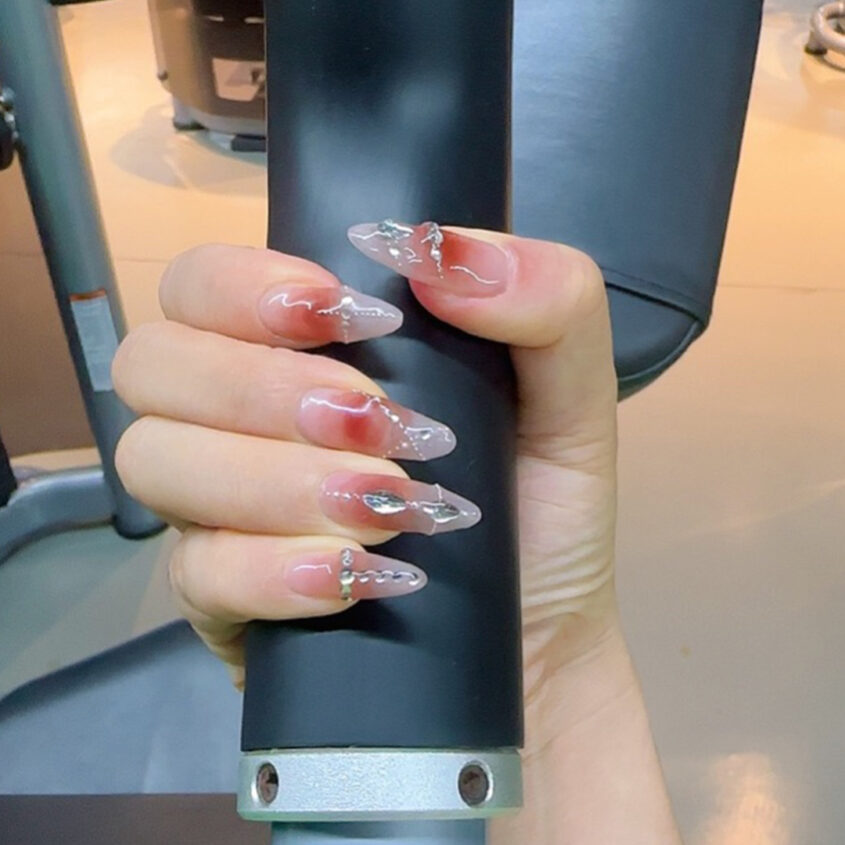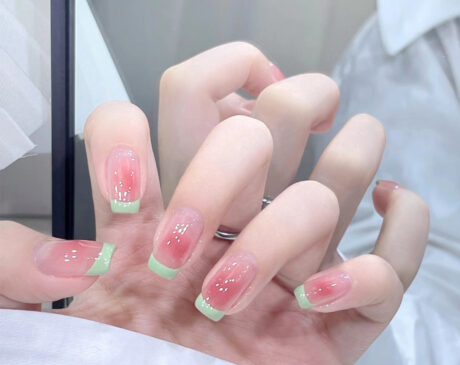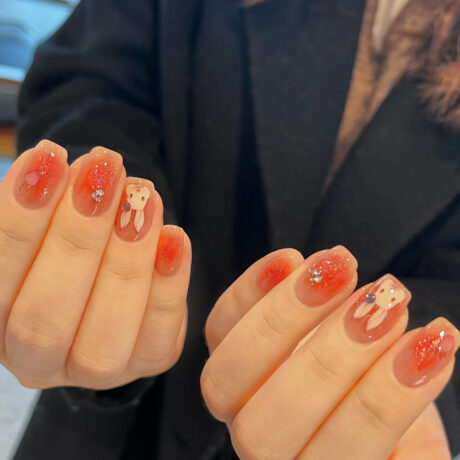Can liquid nail be used like glue?

When it comes to choosing the right adhesive for a project, the choice usually comes down to two popular contenders: gorilla glue and liquid nails. Each has a strong following among DIY enthusiasts and professionals, but choosing between them can be confusing. This detailed comparison will explore all aspects of these adhesives, from chemical composition to practical applications, to help you make an informed decision for your next project.
What is Gorilla Adhesive?
Ingredients and Properties
Gorilla Glue is a polyurethane-based adhesive known for its incredible strength and versatility. It is waterproof and resistant to temperature changes, making it suitable for a wide range of environments. Its chemical composition allows it to expand as it sets, creating a strong bond between a variety of different materials.
Common Uses
Gorilla Glue’s versatility makes it ideal for a range of projects. It is commonly used for carpentry, craft projects and home repairs. Its waterproofing properties also make it suitable for outdoor applications such as garden furniture repairs.
What is Liquid Nail?
Ingredients and properties
Liquid Nails is a brand of construction adhesive that comes in a variety of formulations including silicone, polyurethane and acrylic. It is known for its strength and flexibility, making it ideal for heavy-duty construction tasks. Its formulas provide long-lasting bonds that can withstand the movement and settling of materials.
Common Uses
Liquid Nail is primarily used in construction and remodeling projects. It is ideal for bonding large materials such as drywall, wood and even stone, and is commonly used for installing subfloors, paneling and trim lines.
Comparative Analysis
Gorilla Glue Capabilities
Gorilla Glue is known for creating extremely strong bonds, especially when joining different materials. Its expansive nature ensures a firm grip.
Liquid Nail Capabilities
Liquid Nails, while slightly less strong in direct comparisons, provide a more flexible bond, which is vital for construction where materials may expand or contract.
Versatility
Gorilla Glue can bond everything from wood to metal to plastic, making it more suitable for a variety of applications. Liquid nails, on the other hand, are specifically tailored to building materials.
Drying time and curing process
Gorilla Glue sets quickly, making it ideal for quick fixes, but requires accurate and timely application. Liquid Nails offers more leeway in the application process, with longer drying times that can be adjusted.
Easy to use and apply
Gorilla Glue’s fast set time is a double-edged sword; it’s great for quick fixes, but can be challenging for complex projects. Liquid Nails has a longer drying time, making it suitable for beginners and complex tasks.
Durability and longevity
Both adhesives have an impressive lifespan. Gorilla Glue is better suited for environments with fluctuating temperatures, while Liquid Nails is better suited for structures that require the flexibility of materials over time.
Environmental and Safety Considerations
Safety is critical for both products. Gorilla Glue emits more fumes and needs to be handled with care, while Liquid Nail Polish, while less smoky, still requires proper ventilation and safety precautions.
Pros and Cons:
Gorilla Glue
- Pros: fast curing, strong bond, universal across materials.
- Cons: Strong odor, limited working time, potential mess due to expansion.
Liquid Nails
- Pros: great for heavy-duty tasks, flexible, longer working time.
- Cons: longer set time, less versatile for non-construction materials.
User Reviews and Experiences
Customer reviews often praise Gorilla Glue for its strong bonding and quick repair capabilities. Liquid Nails is praised for its benefits on large projects and reliability in construction applications.
Expert Opinion
Experts tend to recommend Gorilla Glue for quick repairs and versatility. Due to its durability and flexibility, Liquid Nails is often recommended for larger permanent construction projects.
Price Comparison
In terms of cost, Gorilla Glue is usually more economical for smaller tasks. Conversely, it may be more cost-effective to use liquid nails in bulk for larger projects.
The choice between Gorilla Glue and Liquid Nails depends on the specific needs of your project. Gorilla Glue is preferred for quick, versatile repairs, while Liquid Nails are better suited for long-term, heavy-duty construction tasks. Consider your project requirements carefully to choose the right adhesive.
Frequently Asked Questions
How do environmental factors affect the performance of Gorilla Glue and Liquid Nails?
Gorilla Glue performs well in varying temperatures and is waterproof, making it ideal for outdoor use. Liquid Nails, while strong, are best suited for indoor work due to their flexibility and strength in a stable environment.
Can Liquid Nails be used on vertical surfaces without dripping?
Yes, many Liquid Nails formulations are designed for vertical applications and have a thicker consistency to prevent dripping.
What safety precautions should I take when using these adhesives?
Always use in a well-ventilated area and wear gloves to avoid direct skin contact. Be aware of fumes, especially when using Gorilla Adhesives.
Are there surfaces that should not be used with these adhesives?
Both adhesives have limitations. For example, Gorilla Glue is not recommended for use on polyethylene or polypropylene plastics, and Liquid Nails may not adhere well to some metals without proper surface preparation.
How long does each adhesive last after opening?
Gorilla Glue should be used within one year of opening for best results, while Liquid Nail Polish can last up to two years if stored properly.




